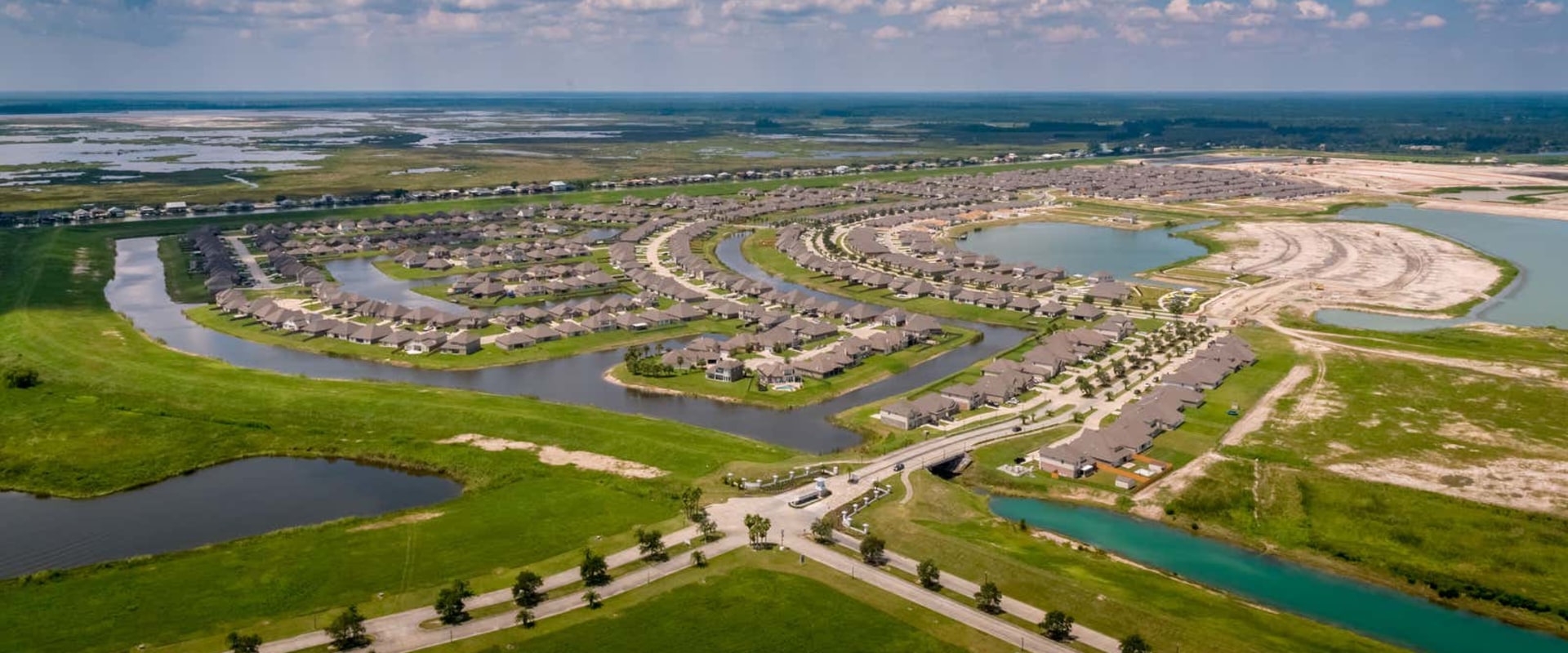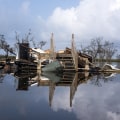Around a quarter of the population of Louisiana is situated in the northern part of the state. Over the years, the oil and gas industry has experienced a great deal of transformation in this region. The southern part of Louisiana has been the most active area for oil and gas development. Hundreds of salt domes are buried deep beneath the surface, particularly along the coast and near it.
Oil pools were discovered in close proximity to these salt domes. By the late 1930s, the oil industry had made remarkable progress in the coastal plain. Exploration for oil and gas eventually moved offshore to the Gulf of Mexico. When Thomas Jefferson acquired the Louisiana Territory from France, he altered the course of history and formed a nation. In March 1803, he arrived in New Orleans with his wife and three daughters, just nine months after leaving Paris.
The French official was expecting to be prefect in the vast Louisiana Territory for six or eight years, which would later become part of France's North American empire. The Heywood brothers discovered the first oil field in Louisiana at the Evangeline field, located in Acadia Parish. The treaty provided for the return of this vast territory to France in exchange for a small kingdom called Etruria, located in northern Italy. This kingdom was intended for Charles' daughter Louisetta. The business landscape of Northern Louisiana has been evolving ever since Thomas Jefferson's purchase of the Louisiana Territory from France. The oil and gas industry has seen tremendous growth over the years, with exploration moving offshore to the Gulf of Mexico.
The Heywood brothers discovered the first oil field in Louisiana at Evangeline field, located in Acadia Parish. This discovery has had a lasting impact on Northern Louisiana's economy. The oil and gas industry has been a major contributor to Northern Louisiana's economy for decades. It has created thousands of jobs and generated billions of dollars in revenue for local businesses. The industry has also helped to diversify the region's economy by providing new opportunities for entrepreneurs and investors. In addition to oil and gas, Northern Louisiana is home to many other industries such as agriculture, manufacturing, tourism, and technology.
These industries have helped to create a vibrant economy that is capable of sustaining itself even during times of economic downturns. Northern Louisiana is an attractive destination for businesses due to its low cost of living and its proximity to major cities like New Orleans and Baton Rouge. The region also offers access to a skilled workforce and an abundance of natural resources that can be used to fuel economic growth. The business landscape of Northern Louisiana is constantly changing as new industries emerge and existing ones evolve. As long as businesses continue to invest in this region, it will remain an attractive destination for entrepreneurs and investors alike.




